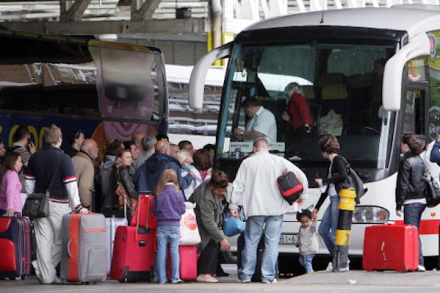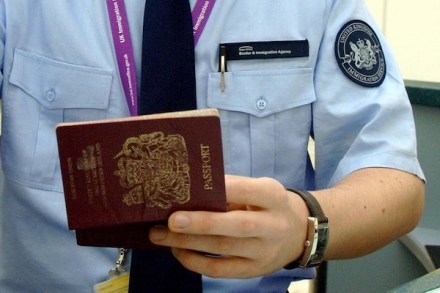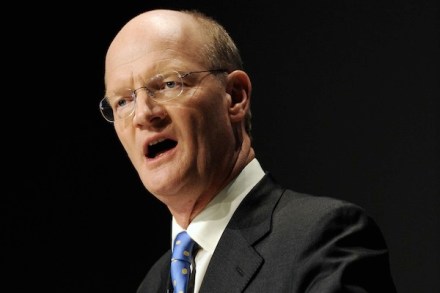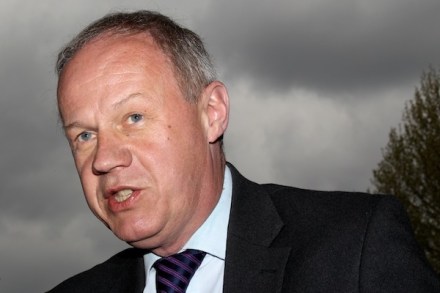Why the Poles keep coming
Yes, Britain’s employment figures are strong but most of the rise in employment so far under this government is accounted for by foreign-born workers (as was 99pc of the rise in employment under Labour). The recession has not diminished employers’ appetite for immigrant workers and today’s Sunday Times magazine has a long piece asking whether there is a “fundamental difference in our attitudes to work”. It’s still one of the most important questions in Britain today: what’s the use of economic growth if it doesn’t shorten British dole queues? And should we blame these industrious immigrants; aren’t the Brits just lazy? I’d urge CoffeeHousers to read the whole thing, but





















